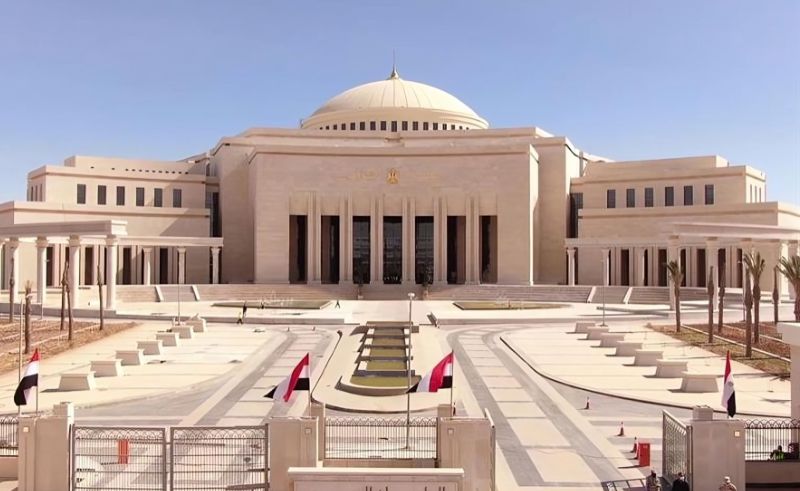Parliament Approves Shorter Pretrial Detention for Criminal Cases
The amendments also require strict court orders to extend pretrial detention, ensuring adherence to procedural deadlines.

The Egyptian parliament has approved amendments to the Criminal Procedure Law, introducing changes to pretrial detention limits for criminal cases. These amendments aim to address concerns about the length of detention without trial and the use of the system. The new legislation shortens pretrial detention periods for criminal cases and is expected to impact the legal process in Egypt. The changes are meant to ensure that the rights of the accused are upheld and the judicial process is more transparent and accountable.
The new legislation sets limits on the duration of pretrial detention, capping it at one-third of the maximum possible sentence for the crime under investigation, starting from the investigation phase. For misdemeanours, the maximum detention period has been reduced from six months to four months, while for felonies, it has been shortened from 18 months to 12 months. For cases involving the possibility of life imprisonment or the death penalty, pretrial detention is now capped at 18 months, down from two years.
This reduction in detention times is significant in addressing the issue of individuals being held for extended periods without trial. The extended periods of pretrial detention have raised concerns, particularly in cases where individuals are incarcerated without a formal conviction. This reform reflects a move toward a more efficient judicial process and aligns with international human rights standards.
A key aspect of the amendments is the increased judicial oversight in the extension of pretrial detention. Court orders will now be required for any extensions, ensuring that they are justifiable and in line with legal requirements. The legislation stipulates that procedural deadlines must be followed, and failure to meet these deadlines will result in the immediate release of the accused or the termination of restrictive measures. This change aims to ensure that individuals are not held indefinitely and that the system operates within clear guidelines.
Another important part of the amendments is the regulation of the monitoring of communications and social media accounts. Judicial orders will now be required before any monitoring can take place. This provision ensures that surveillance is conducted in a manner that follows constitutional and legal requirements, protecting individuals' privacy rights.
The approval of these amendments is part of Egypt’s ongoing legal reform efforts. By reducing the maximum period of pretrial detention and strengthening judicial oversight, the government aims to ensure that detainees’ rights are respected and that the legal system functions effectively. This legislation has potential benefits for those currently in detention and may serve as a model for future reforms in Egypt.
The effectiveness of these amendments will depend on their implementation. The amendments require consistent application of deadlines, issuance of court orders for extensions, and monitoring of communications. If enforced properly, these provisions could lead to a more balanced judicial system, with greater fairness and transparency.
Overall, the reform of pretrial detention laws is an important part of Egypt’s legal developments. By introducing these measures, the government is seeking to balance the need for security with the protection of rights.



























